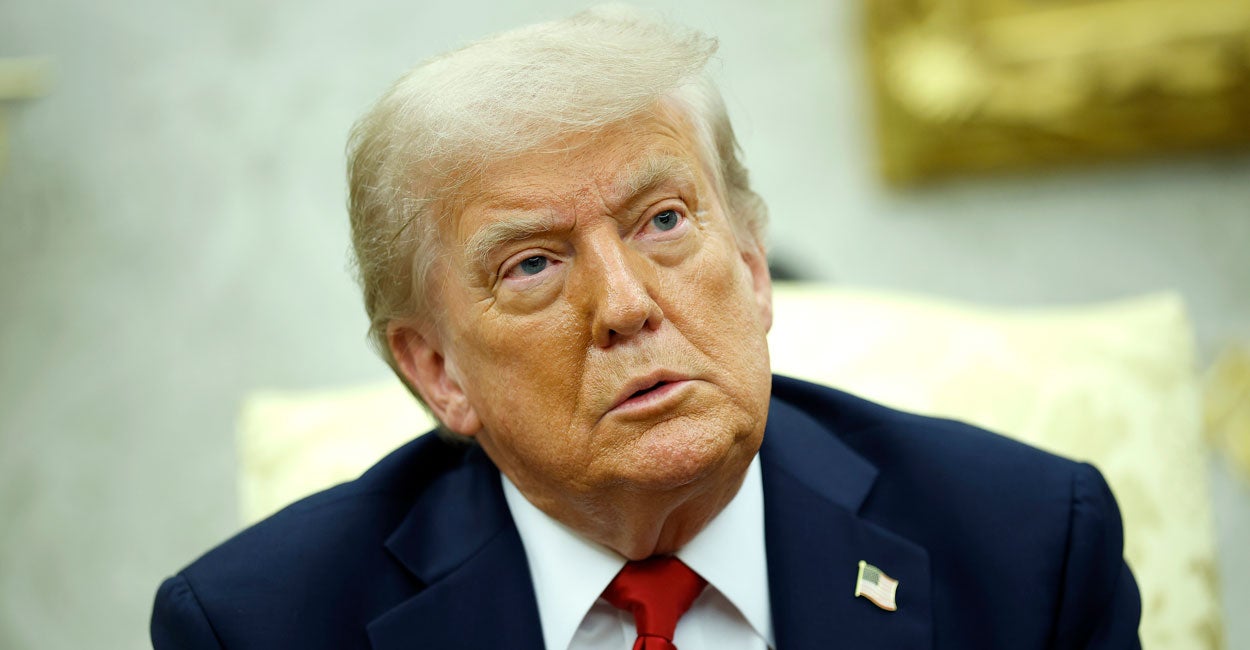Trump's Financial Overhaul: Ending the Era of Anti-Conservative Banking Practices

The election of Donald Trump marked a significant turning point, not just in American politics, but also in the relationship between the financial industry and its customers. A growing concern had been emerging: the practice of 'debanking,' where financial institutions, particularly large banks, were allegedly targeting and restricting services to individuals and businesses holding conservative viewpoints. This trend, perceived by many as a form of political discrimination, sparked outrage and calls for reform.
The Rise of Debanking Concerns
The allegations of debanking stemmed from reports of banks closing accounts or imposing stricter terms on customers based on their political affiliations or beliefs. This was particularly prevalent among conservative businesses and organizations, leading to accusations of bias and a chilling effect on free speech. Many felt that banks were bowing to pressure from activist groups or engaging in self-censorship to avoid controversy. The concerns weren't limited to businesses; individuals expressing conservative views online also reported facing difficulties opening or maintaining bank accounts.
Trump's Intervention and Regulatory Shift
Recognizing the gravity of the situation, the Trump administration took decisive action. President Trump consistently voiced his disapproval of what he saw as politically motivated banking practices. His administration initiated several regulatory reviews and policy changes aimed at preventing discrimination in financial services. Key initiatives included:
- Increased Scrutiny of Bank Policies: The Treasury Department and other regulatory bodies began a more thorough examination of banks' customer service policies, looking for evidence of politically motivated account closures or restrictions.
- Promoting Financial Inclusion: Emphasis was placed on ensuring that all legal businesses and individuals have access to basic banking services, regardless of their political views.
- Protecting Free Speech: The administration argued that restricting access to financial services based on political beliefs was a violation of free speech principles.
Restoring Sanity to the Finance Industry
The impact of these actions has been significant. While the debate continues, many observers believe that the Trump administration's efforts have helped to curb the practice of debanking and restore a sense of fairness and impartiality to the financial industry. Banks are now more cautious about engaging in politically motivated actions, fearing regulatory scrutiny and public backlash. The focus has shifted towards providing services to all legal customers, fostering a more inclusive and competitive financial landscape.
Looking Ahead
The issue of debanking remains a sensitive one, and ongoing vigilance is necessary to ensure that banks adhere to principles of fairness and non-discrimination. Future regulations and enforcement actions will play a crucial role in safeguarding the rights of all Americans to access financial services without fear of political reprisal. The changes initiated during the Trump administration have laid a foundation for a more balanced and equitable financial system, one that prioritizes customer rights and protects against politically motivated bias.






